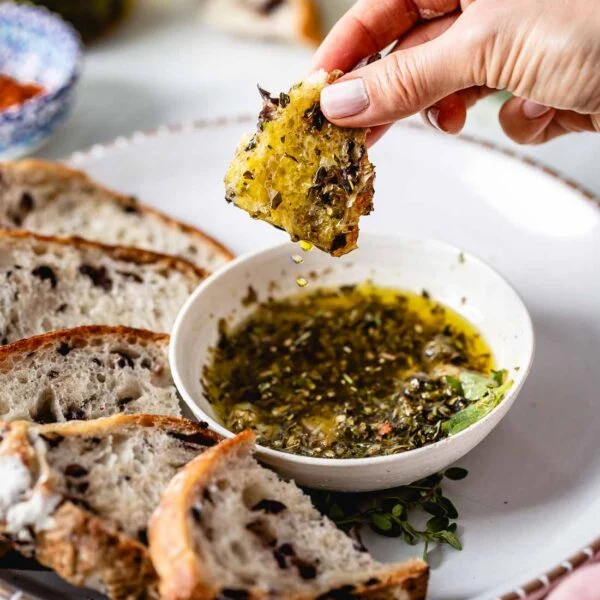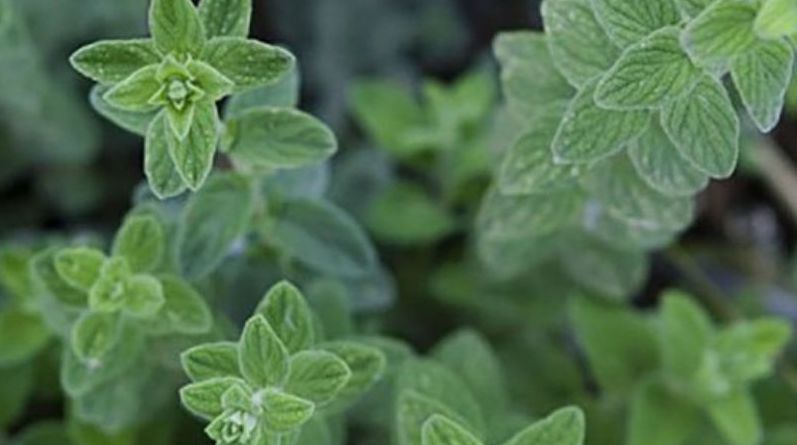Discover the ancient super herb zaatar
Zaatar, a versatile herb with a long history of culinary and medicinal use, is a popular plant and spice in North African cuisine. It is also known as wild thyme and is native to the Mediterranean region, growing wild in countries such as Lebanon.
Zaatar has small, fragrant leaves that belong to the mint family and are commonly used as a spice in cooking. It is a key ingredient in the Maghreb condiment, zaatar spice blend, which typically contains thyme, sesame seeds, sumac, and salt. This blend is often used as a seasoning for bread or as a dip with olive oil, and it is commonly used in meat dishes, salads, and spreads in Maghreb’s cuisine.
Apart from its culinary uses, zaatar is also known for its medicinal properties. It is believed to possess antibacterial, antifungal, and anti-inflammatory properties and has been traditionally used to treat digestive issues, respiratory problems, and skin conditions. Additionally, the oil extracted from zaatar is thought to have antimicrobial properties and has been used to treat skin infections and wounds.
Zaatar is not only popular in Maghreb’s cuisine but also in other parts of the world. For example, a similar spice blend called zahter is used in Turkey, while Greece uses a similar blend called rigani to season meat and vegetables. Middle Eastern cuisine, particularly in Lebanon and Syria, also heavily features zaatar.
While zaatar is a rich source of antioxidants, vitamins, and minerals that can boost the immune system and improve overall health, some people may be allergic to it or experience digestive issues after consuming it. Moreover, the high sodium content in some zaatar blends may be a concern for individuals with high blood pressure or heart disease.

Zaatar dip recipe
Here is a simple recipe for zaatar spice blend that you can make at home:
Ingredients:
- 1/4 cup dried thyme
- 2 tablespoons sesame seeds
- 1 tablespoon sumac
- 1/2 teaspoon salt
Instructions:
- In a dry skillet, toast the sesame seeds over medium heat until they are lightly browned and fragrant.
- In a small bowl, mix together the toasted sesame seeds, dried thyme, sumac, and salt until well combined.
- Store the zaatar spice blend in an airtight container at room temperature for up to 6 months.
You can use this zaatar spice blend to season grilled meats, vegetables, or use it as a seasoning for dips and spreads. You can also sprinkle it over hummus or mix it with olive oil and use it as a dip for bread.
Zaatar medicinal use
Zaatar has been traditionally used in medicine for its antibacterial, antifungal, and anti-inflammatory properties. It has been used to treat various ailments, including digestive issues, respiratory problems, and skin conditions. Here are some ways to use zaatar for its medicinal properties:
- Zaatar tea: Boil water and steep a teaspoon of dried zaatar leaves for 10-15 minutes. Strain and drink the tea for relief from cough, cold, and other respiratory problems.
- Zaatar oil: Combine 1-2 drops of zaatar essential oil with a carrier oil like olive oil, and apply it to skin to help treat skin infections and wounds.
- Zaatar poultice: Crush fresh zaatar leaves and apply them directly to the affected area to help alleviate pain and inflammation.



